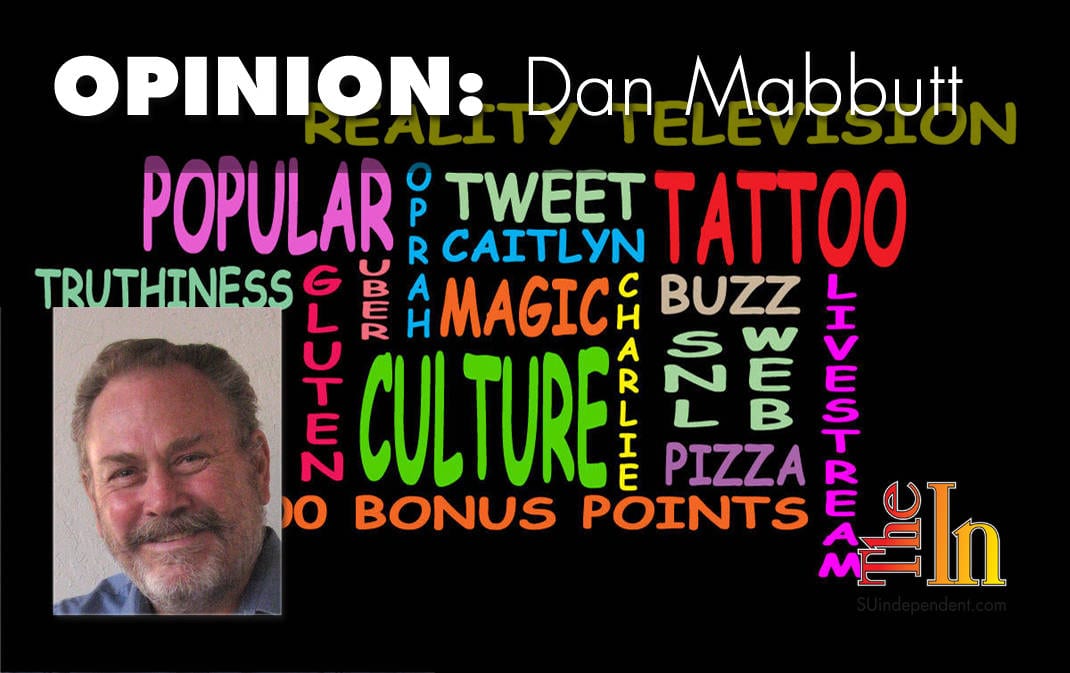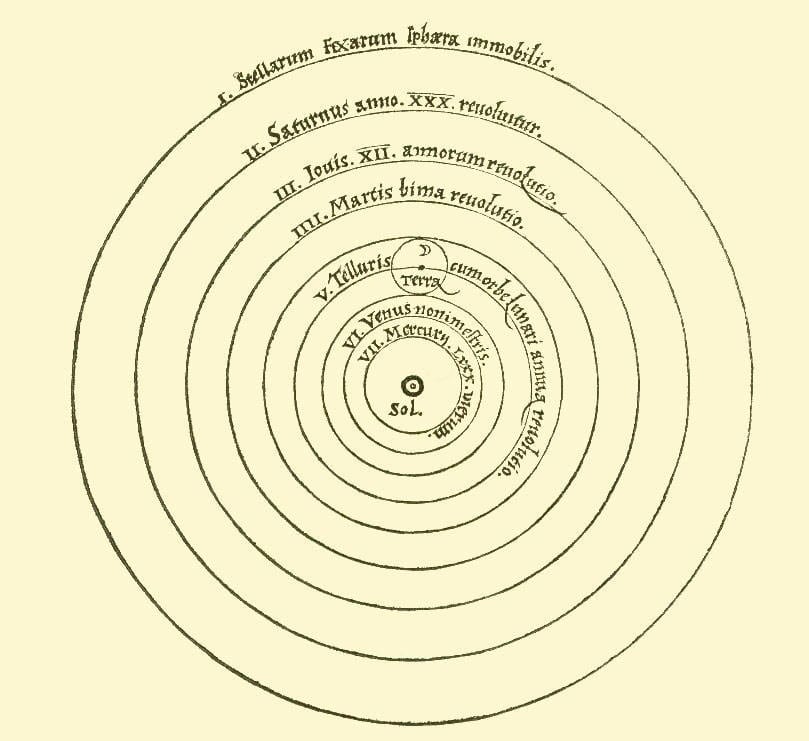
A behavior called “displacement activity” might explain why the Fox News home page has a “Faces and Features” section that starts this way:
—Cuoco fights back tears
—Jess shows off her abs
—Seal HATED Heidi’s tradition
… and so forth and so on ad infinitum, ad taedere, ad nauseam. The main thing to be learned is that people seem to have an insatiable appetite for useless information.

A perennial and popular sport for columns like this one is to demonstrate the embarrassingly poor level of public knowledge by pointing out specific things that people get wrong. For example, about a quarter of people in the U.S. think that the Sun revolves around the Earth. That was settled in 1543 by Copernicus. (Arabs discovered it several centuries earlier. Arabs were clearly the more advanced civilization back then.) A market research company in Britain did an international study of the level of ignorance in 14 developed countries in 2014 and concluded that the United States was the second most ignorant. (Italy was the most ignorant. Sweden had the best score—those poor misguided socialist leftists!)
Historian Rick Shenkman wrote a book about it: “Just How Stupid Are We?” His conclusion is that we’re very stupid. One example from the book is that half of us can name four characters from “The Simpsons,” but less than a quarter can name more than one of the guaranteed rights in the First Amendment. (Yes! There is more than one right in the First Amendment. But a lot more people can probably name our Second Amendment rights.) More seriously, he points out that our knowledge of the biggest blunder America has ever made, the Iraq War, was very poor and could have been a key factor in why it happened:
Only a third of Americans understood that much of the rest of the world opposed our invasion. Another third thought the rest of the world was cheering our invasion, and a third thought the rest of the world was neutral. If you’re going to get that much wrong about the most important issue facing us, it’s hard to have much confidence in our democracy.
Shenkman couldn’t think of a solution to this desert of ignorance either. His number one suggestion to solve the problem? Make college freshmen take quizzes on current events.
If you would like to check your own level of civic knowledge, try this quiz provided by the Intercollegiate Studies Institute. Only 42 percent of Americans could answer the first question correctly.
The Cato Institute, the conservative think tank that can be relied upon to tell us why unconstrained capitalism is the solution to every problem, published an article on this subject called “Public Ignorance and Democracy.” Its solution was “private enterprise” (surprise, surprise!) because then people can at least be punished for being ignorant. They will make bad decisions and lose their money to more intelligent capitalists.
Virtually everybody who writes about this concludes that it’s a degenerative sociological disease and we really ought to be better than that. Shenkman, for example, thinks that we might have avoided the Iraq invasion if people had been better informed. I’m not so sure that’s even possible.
Refusing to learn truths about the world could be a deeply ingrained human condition. Asking people to focus on learning and understanding more might be like asking them to grow another head. It could well be that only a small segment of people ever know what’s going on in any human society. For example, the international study mentioned earlier did measure differences between the 14 developed countries, but the differences were relatively small. In all of them, people didn’t know the facts, but in the words of the authors of the study, “the rest of the world is just as wrong.”
A refusal to accept our fundamental failings as a species might be the reason why we get things so wrong. I like the rule that before you can fix anything, you have to understand what’s wrong. We keep blaming our failings on the wrong things, so we keep reaching for the wrong solutions.

Public Domain
We might also know what’s wrong, but we just don’t care enough. For example, recent headlines have announced that oil companies knew they were huge contributors to the coming catastrophe of climate change forty years ago. A comment to one of the articles asked the question, “How could these people knowingly condemn their own planet and their own children by doing nothing?” The answer of “these people” appears to be, “Meh … how much will my annual bonus be this year?”
These things still seem like symptoms of the disease rather than the actual cause to me. The cause might be deeper still—something that is part of us because we’re animals and we share ancient biological roots with the other animals. One of those is described by behavioral scientists as displacement activity. The basic idea is that when an animal—or a person—can’t figure out what to do about a serious situation like getting eaten, it will just do something completely unrelated instead. A bird cornered by a predator might just peck at the grass, for example.
In our own case, it could just be that people can’t figure out what to do about the constant war and the accompanying starvation and destruction that is inexorably destroying the Earth. As a result, we focus on Donald Trump’s hairstyle. Things might be a lot more serious than most people can handle. Hiding in the silliness might be the only answer for a lot of people.
This explains a lot of things. It could explain why people just can’t wait to learn why Kelly Cuoco had to fight back tears.
And it completely explains the popularity of golf.



